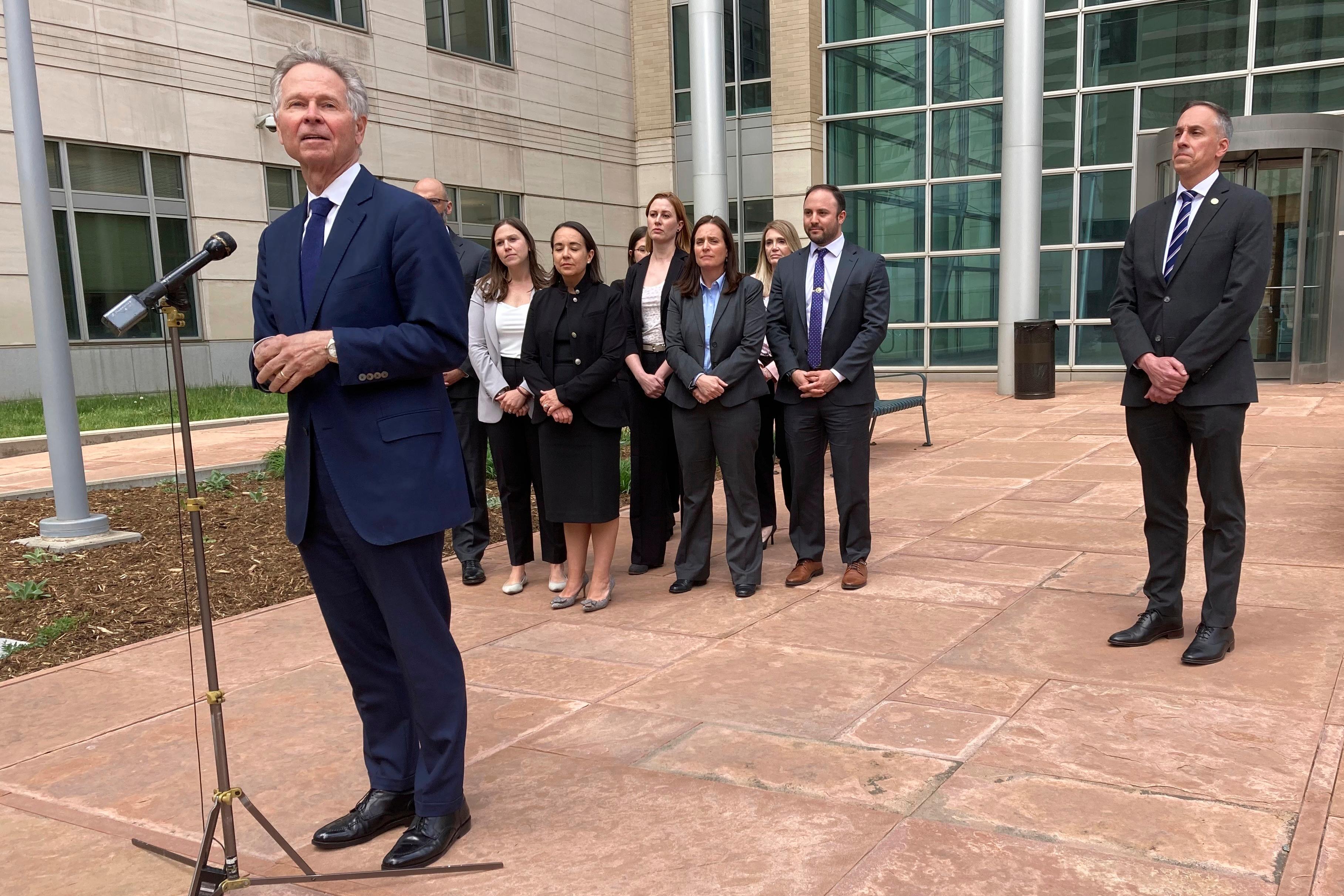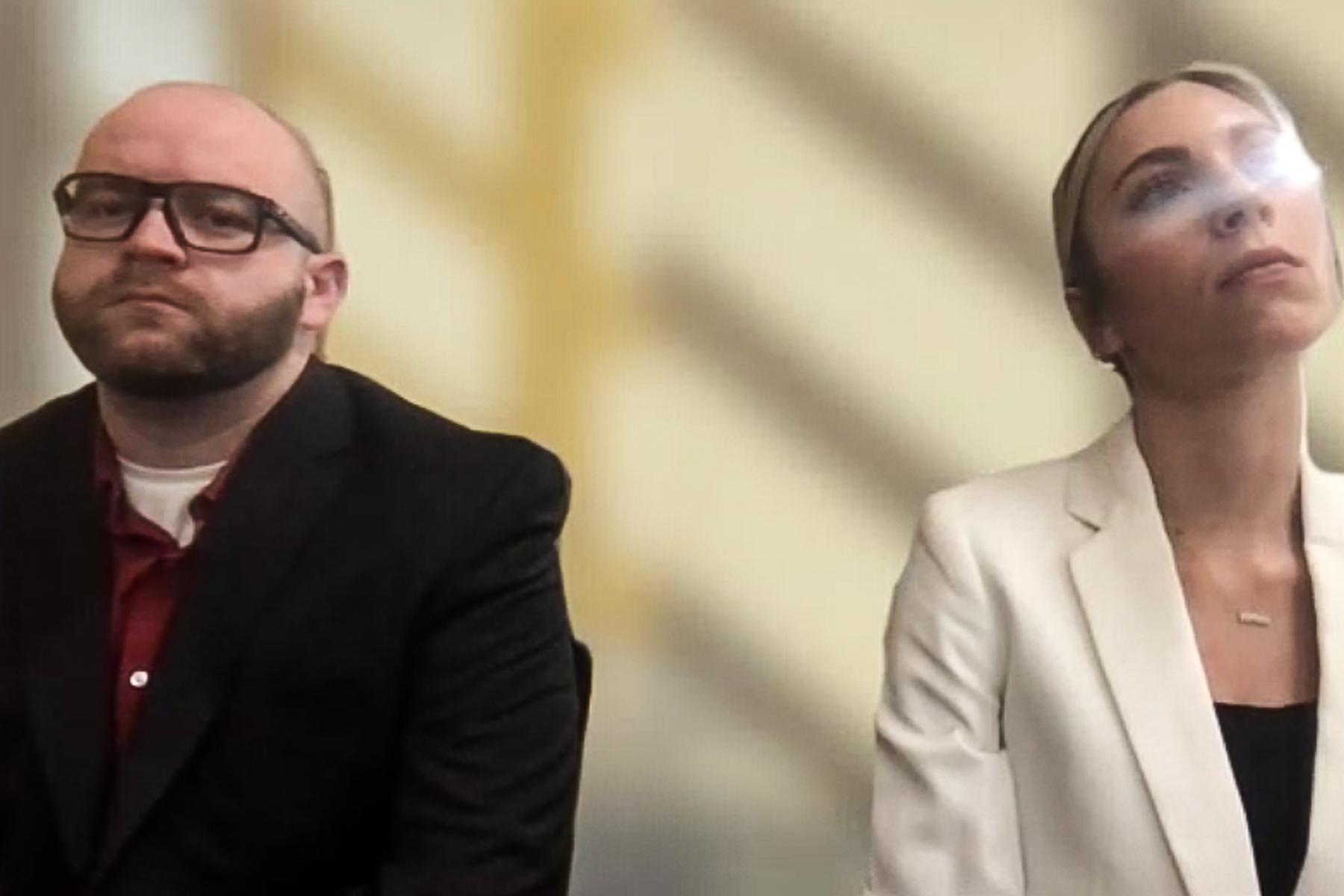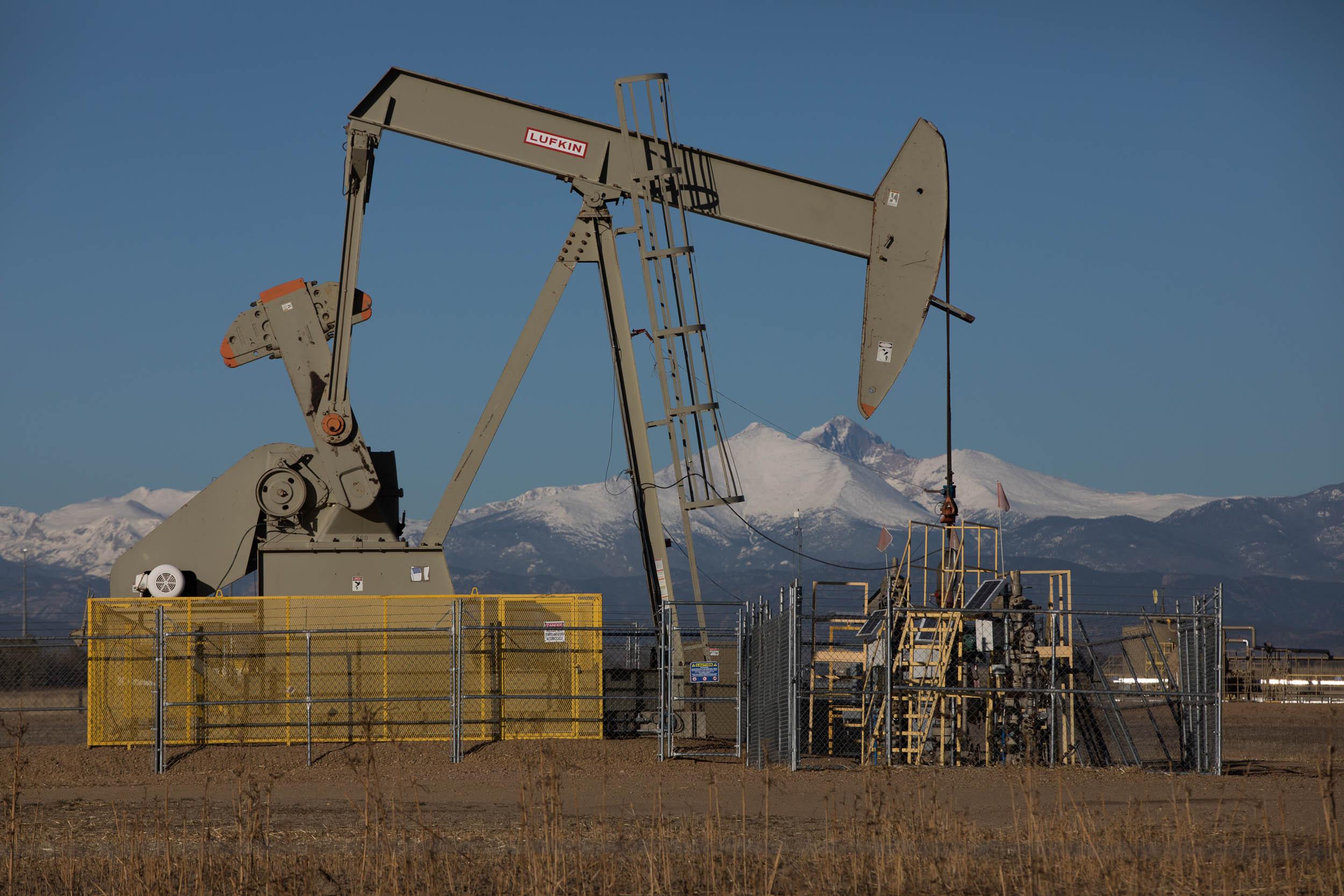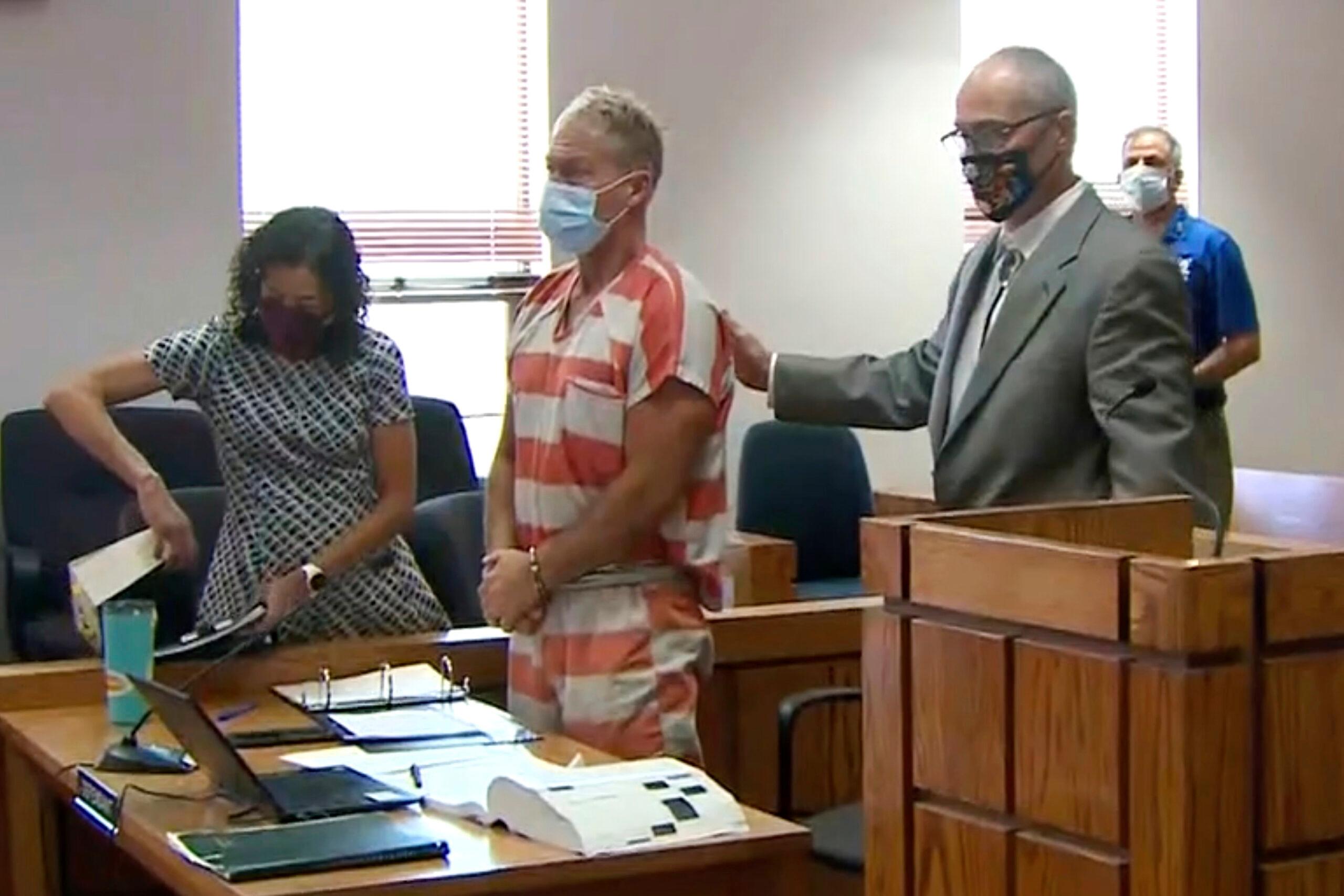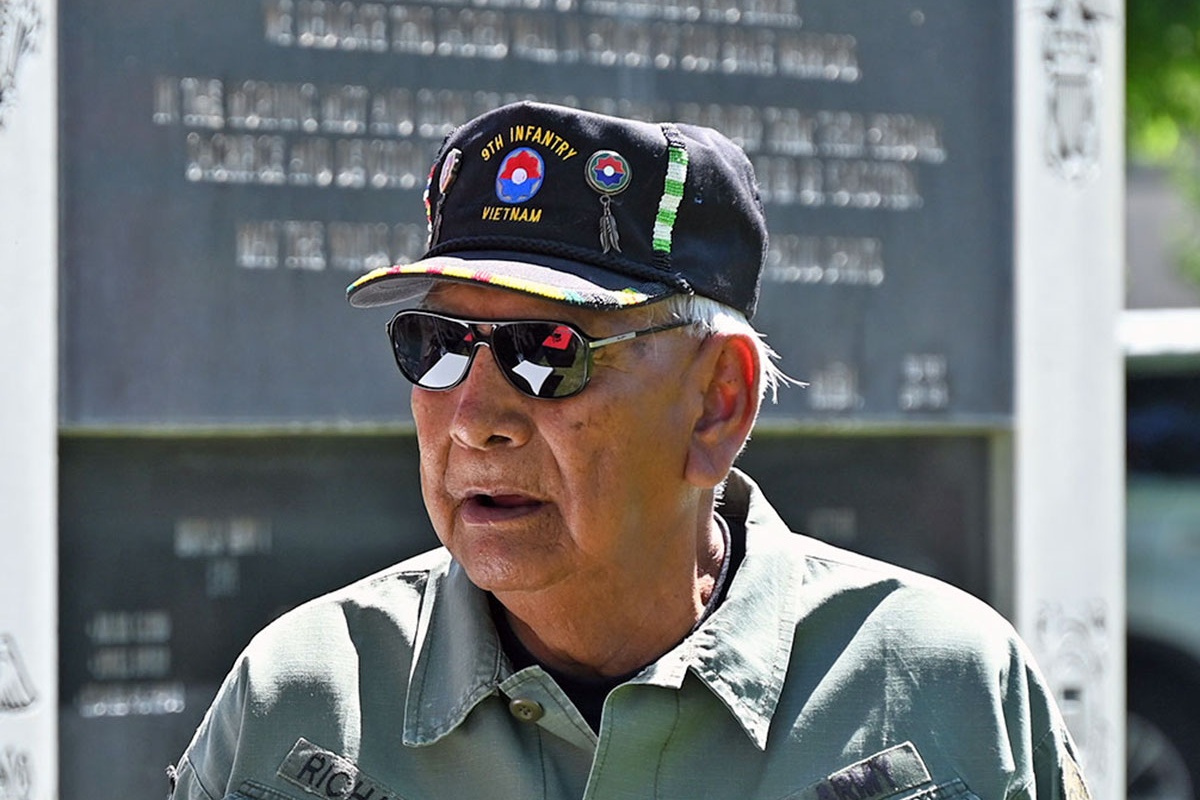
Colorado made history in March when Gov. Jared Polis appointed Howard Richards Sr. to serve on the state’s board of Veterans Affairs.
Richards was raised on the Southern Ute reservation and lives there to this day. In 1968, he joined the U.S. Army with stops in Hawaii, Oklahoma, and Vietnam.
He went on to co-found the Southern Ute Veterans Association in 1986 and previously served as chairman of the Southern Ute Tribe.
The Colorado Board of Veterans Affairs is tasked with connecting with veteran communities across the state to identify needs and help facilitate state assistance. The state provides county veterans services offices that help connect veterans with federal resources in addition to administering grants to aid veterans, including for issues like medical transportation.
Richards, along with the governor who appointed him, spoke with Colorado Matters about his experience with the military, issues facing Indigenous veterans, and what he hopes to accomplish while on the board.
Read the interview
This interview has been edited for length and clarity.
Ryan Warner: Howard, thanks for being with us.
Howard Richards Sr.: Well, thank you. And I want to thank the governor for such a happy moment in my life, having been appointed to the Board of Veterans Affairs.
Warner: Well, you've given away our secret because Gov. Jared Polis, indeed who appointed you is also on the line. Governor, thank you,
Gov. Jared Polis: Ryan. A pleasure to join you. And really, it's an honor for me to be able — two things, really — elevate the role that Native Americans have played in our nation's defense. I mean with stories, of course, like the Navajo code talkers in World War II who really confounded and confused the Japanese who didn't know what they were listening to and, of course, members from all the Tribes who served in conflicts up through today. But also to have that voice and perspective to better meet the needs of our American Indian veterans. Many have unique needs, and I'm hopeful that Howard will help be a bridge to really help serve our Native American veterans — and all veterans — better.
Warner: And we'll explore those needs and how they are unique to Indigenous people.
I want to say that Howard, your service in the U.S. Army took you to Vietnam, Hawaii, Oklahoma. When you think about your own military service, what part still means the most to you?
Richards: I believe it is the Vietnam conflict. It kind of reminded me, when I was there, that when I was a young man growing up, that our living wasn't up to par as it was with other members or residents of the state of Colorado. In essence, I grew up poor. And when I went to Vietnam, I saw the poorness of the people there. I guess it kind of mirrored my growing up.
People say Vietnam was a third-world country, but so was the Ute Tribe of Southwest Colorado. We lived some similar lifestyles.
Warner: That is the poverty you saw in Vietnam reminded you of poverty back home. And I am curious if you think economic circumstances drive Indigenous people today to join the military. I mean, no doubt there is a sense of duty, but I wonder if you think poverty means that young people feel that it's one of their only options. Do you think that's true?
Richards: I would say no, but in my growing up, I lived it day-to-day, the poverty here at Southern Ute and the Ute Mountain Ute. The reason why a lot of our Tribal people or Native people join is because it's built-in. They grew up with the willingness to serve not only the country, but they had a duty. And it was an honor to stand up and fight for the red, white, and blue.
Regardless of what those issues are, it is built in us. But a lot of that is driven by the vision that they saw their uncle, their grandpas in World War II, Korea — that vision to see what they did. We as Native people, especially myself, it was inside of me to do that, to answer the call, regardless of where I went or where I was deployed within this world, that I had an obligation to fulfill that Tribal obligation to be a protector of number one, our land, and number two, be the protector of our people.
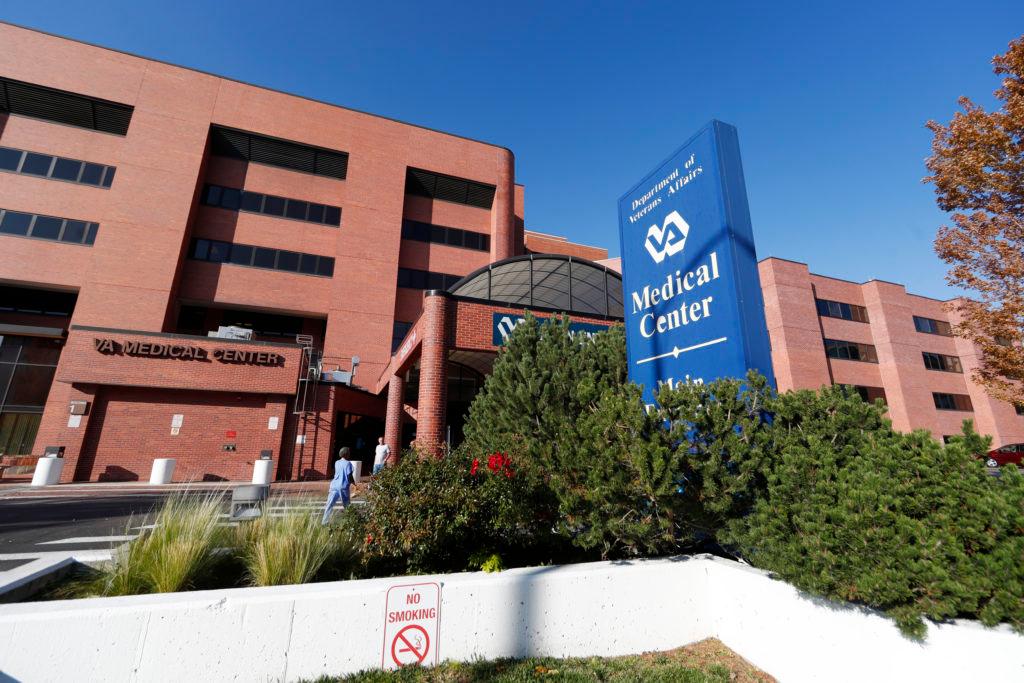
Warner: You helped found the Southern Ute Veterans Association almost 40 years ago. Will you tell us some of the issues that Indigenous veterans in particular face?
Richards: Let me work backwards on that. I know my role with the state is an open door right now because I have to understand what that learning curve looks like and how to instill the Board (of Veterans Affairs) to look at the traditional ways of healing through modern medicine and try to marry the two together.
The initial thought process that created the Southern Ute Veterans Association was created by three Vietnam combat veterans. We looked at the health, the education and welfare of our Tribal veterans. Even though the Tribe was doing the best they could at that time, the Veterans Administration has an obligation to meet the needs of all veterans. And here, in this area, the VA has not met that challenge or made strides as to how to improve modern medicine to its veterans here locally. We still struggle with the VA in regard to, they need to incorporate the traditional healing process of our total health benefit — that those two, again should be married and can be married.
For example, sweat lodges, cleansing ceremonials that will help the Tribal veteran, Native veteran to better cope with society as a whole, that will make him or her a better citizen of whatever state they represent. We understood at that time that the VA is not meeting the needs of our Tribal veterans or veterans as a whole. That has to improve not only at the national level, but maybe at the state level.
Warner: Governor Polis, I hear this idea of access to health care for veterans, Indigenous veterans in particular, and not just health care as a one-size-fits-all thing, right? But health care that's informed, culturally, and a lot of that falls on the federal government. What tools does the state have to make that happen?
Polis: Howard Richards was able to serve members of his Tribal nation and veterans in Tribal government. But, many more Native Americans don't live in the two Tribal nations in Colorado. We have the Ute Mountain Ute and the Southern Ute but, even combined, that's only a small percentage because most people in our state live in Denver, Colorado Springs, Pueblo, Grand Junction, and that includes most Native Americans.
We support veterans services in every county. In some of the small counties, it's only half a person. In some of the bigger counties, it's several people. We also help navigate for veterans to access federal services. And we want to support the flexibility to meet the needs of our veterans from all different cultural heritages because, of course, our armed forces are very diverse and we want to make sure that we can meet all of their needs. And Howard would really be that voice to make sure that the needs of our Native Americans, our veterans, are met in an effective and culturally appropriate way.
Warner: I wonder how much of it is about transportation that is getting to the VA care, whether or not it's tailor-made for a particular person. Howard, do you know whether distances and transportation is an obstacle?
Richards: Probably for the two Ute Tribes, it's not. But if I look at the non-native veteran, that has become an issue here in Southwest Colorado with the VA system. Then I look across at the Navajo Nation, a lot of the reservation is way out in the middle of nowhere, so transportation is always an issue. But here locally for the two tribes, I don't see that being a problem. It's the surrounding communities around us.
I have already started that dialogue with the Vietnam Veterans of America, chapter 1075 out of Colorado Springs to look in Colorado Springs to what percentage of the residents there are Native people. So I've already opened the door to that discussion in regard to Colorado Springs, but I'm hoping to do the same for other major areas, cities, on transportation issues, traditional medicine, visions and thoughts that we can work together with the state. Because as a veteran, we don't discriminate against each other.
We're a brotherhood that looks after each other. And I will do my best through my dialogue with different communities and the board to make sure that this is a dream come true.
Warner: I'm so glad you invoked Colorado Springs, which is obviously quite a military community, and therefore naturally a veterans community as well. Governor and Howard, thank you so much for being with us.
Richards: Well, thank you. I want to thank the governor for making this dream come true. On behalf of the Southern Ute veterans here and Ute Mountain, I will strive and do my best to meet the betterment or the best for our veterans within this great state of Colorado.
Polis: And Ryan, thank you for highlighting the so many contributions of our Native American veterans to America and to Colorado, and highlighting our own responsibility to make sure that everybody who wore our nation's uniform gets the services and help they need.

